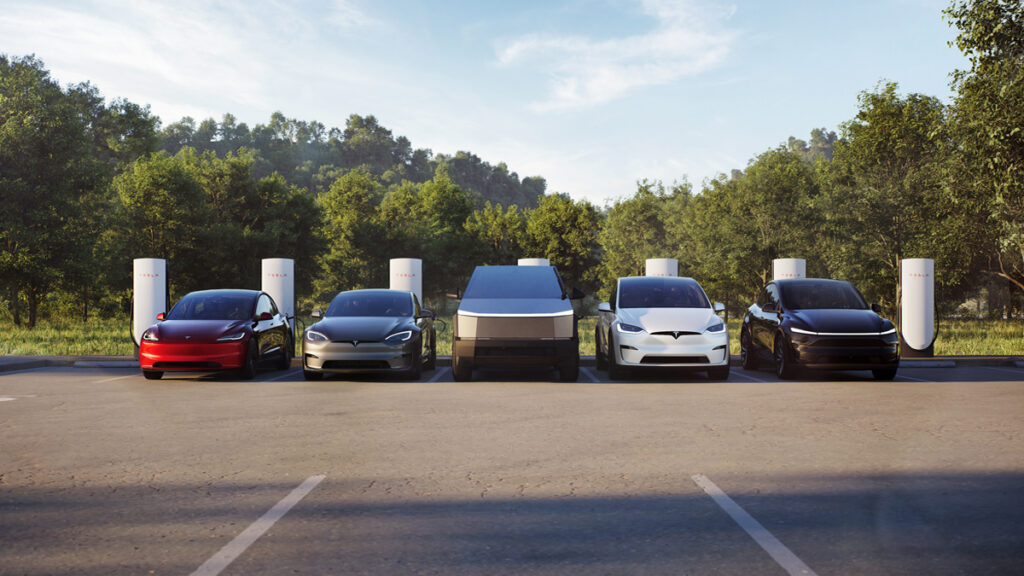How Much Does It Really Cost to Charge a Tesla? (Hint: Way Less Than Gas
Published: June 29, 2025
By: The guy who borrowed his brother’s Tesla and freaked at how cheap it was to charge
Last week, I borrowed my brother’s Tesla Model 3 for a weekend trip. I figured I’d be doing him a favor by topping it off before returning it. I braced myself at the Supercharger… and guess what?
It cost me less than a tenner. I’m not kidding. £9.83 for a nearly full charge. That’s when it hit me—charging a Tesla is seriously cheaper than fuelling up my own grumpy old Honda.
Image sources BY: “Courtesy of Tesla, Inc.”
Let’s Break It Down (UK & USA Example)
At home charging (off-peak rate):
If you’ve got a home charger and use an EV-friendly energy plan (like Octopus Go in the UK), you could be paying just 7p per kWh. For a Tesla Model 3 with a ~60 kWh battery, a full charge costs about £4.20. That’s insane savings compared to petrol.
In the U.S., it’s kinda the same vibe. At home, you might pay $0.12/kWh, so full charge = around $7. Not bad for over 250 miles of range.
What About Superchargers?
Superchargers are a bit pricier but still way cheaper than gas.
-
In the UK, Tesla Superchargers usually cost £0.45–£0.55 per kWh, depending on time of day. That’s around £25–£30 for a full charge.
-
In the U.S., think around $0.25–$0.50/kWh, or $15–$20 per session, on average.
Still cheaper than filling up with petrol or diesel, which can be £60–£100 a tank these days.
Wanna Save Even More?
Here are some tricks I’ve learned:
-
Charge at night.
Electricity’s cheaper after 11pm on many UK energy plans. I plug in before bed. Done. -
Use free chargers.
Supermarkets like Tesco (UK) or Whole Foods (US) sometimes have free Level 2 chargers. Great for top-ups while shopping. -
Avoid peak hours at Superchargers.
Some sites charge more during busy times. If you see a queue, you’re probably paying more too. -
Keep battery between 20–80%.
It’s better for long-term battery health and charging is faster in that range anyway. -
Use regen braking.
Sounds nerdy, but it saves energy — especially in stop-and-go traffic. You’ll notice fewer charges over time.
Real Talk: Is It Always Cheap?
Well… not always. If you rely 100% on Superchargers and drive a lot, the cost adds up. And home charger installation? That can cost £500–£1,000 upfront. But over time, you’ll likely save thousands.
Quick Recap
-
Home charging: £4–£6 for full charge (off-peak)
-
Supercharging: £25–£30 full charge in UK
-
Gas tank equivalent: £80+
Learn More: Here
Md Emran Khan is a passionate news writer and digital content creator focused on delivering clear, insightful, and timely updates on finance, technology, and current events. With a knack for breaking down complex topics into engaging stories, Emran aims to keep readers informed and empowered to make smart decisions. Based in USA, he blends global trends with local perspectives to bring a fresh voice to the news landscape.

